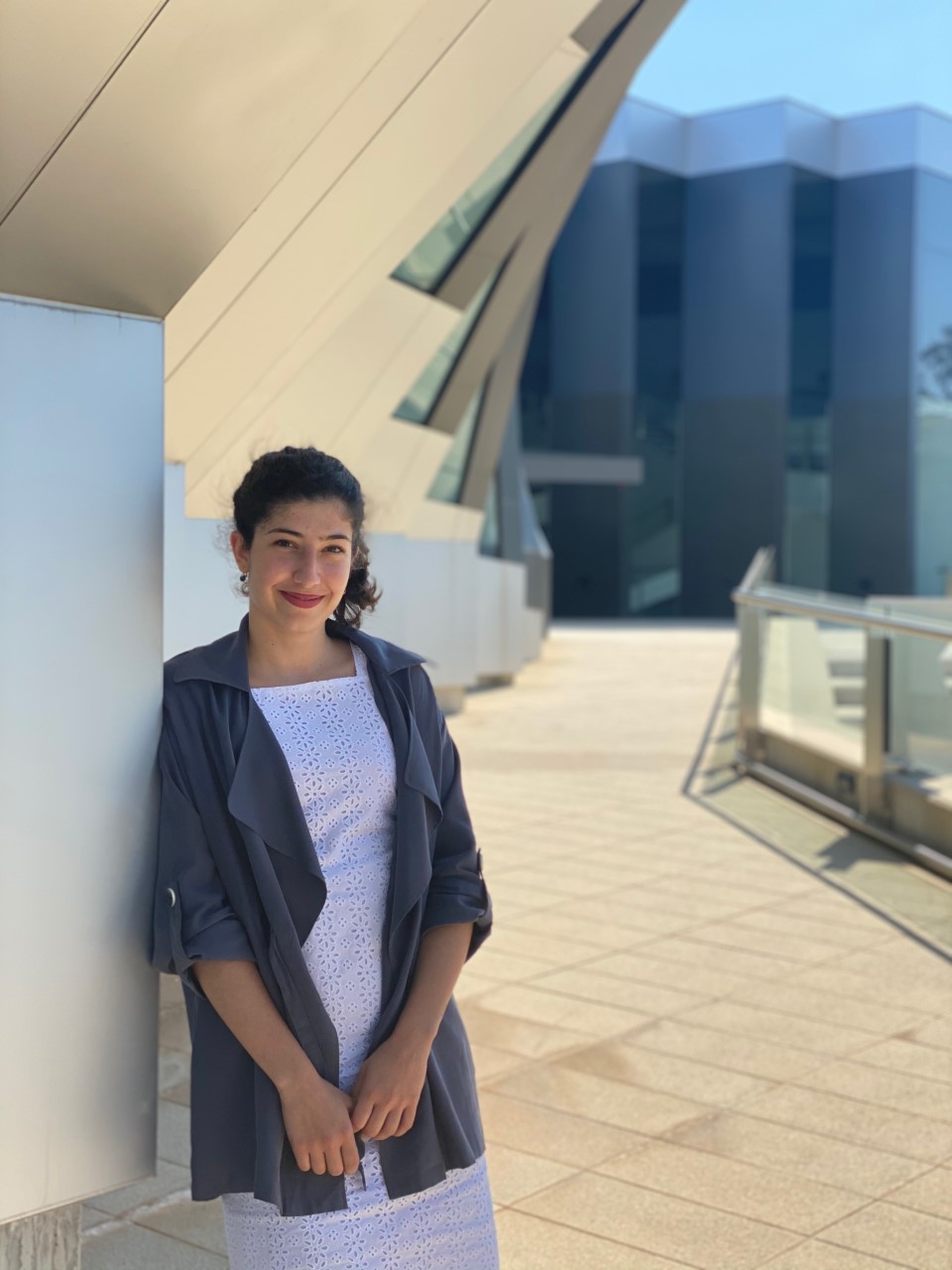
What is your name?
Ana Morello Megias
Where are you from?
I am originally from Panama but I lived almost all my life in Madrid
To which class do you belong?
MRes Experimental Neuroscience, Class of 2021
Where and what did you study before joining Imperial College London?
I did a Bachelors in Biomedicine at the University of Alcalá de Henares, Madrid, Spain
How did you find your Master experience at the College?
Great! It allowed me to explore different fields of research within neuroscience and to try and learn new methods, which is exactly what I was looking for in a masters program
Which research project did you work on?
I did three projects. The first one was computational, with Professor Payam Barnaghi. The aim was to develop learning models for in-home sensory data analysis in dementia care. The second one was at Dr Marco Brancaccio lab and I studied the daily expression of the astrocyte water channel AQP4 in the context of Alzheimer’s disease. I did my last project in Madrid, Spain, at the laboratory of Dr Javier DeFelipe. I studied the dendritic spine morphology in layer III pyramidal neurons from the entorhinal, transentorhinal and temporal human cortex, using imaging and 3D cell reconstruction techniques
Where are you now?
I started a PhD in Anatomy and Neurobiology at Boston University
What are you working on?
At the moment, I am studying
What is the most important lesson you learnt as a Master student?
Research projects may have long-term and short-term objectives. It is important to know and focus on the priorities
How did the Master programme help you get to where you are now?
I believe this program has helped me to improve not only my curriculum but also my technical skills and my scientific thinking, and, therefore, helped me become a good candidate for the PhD